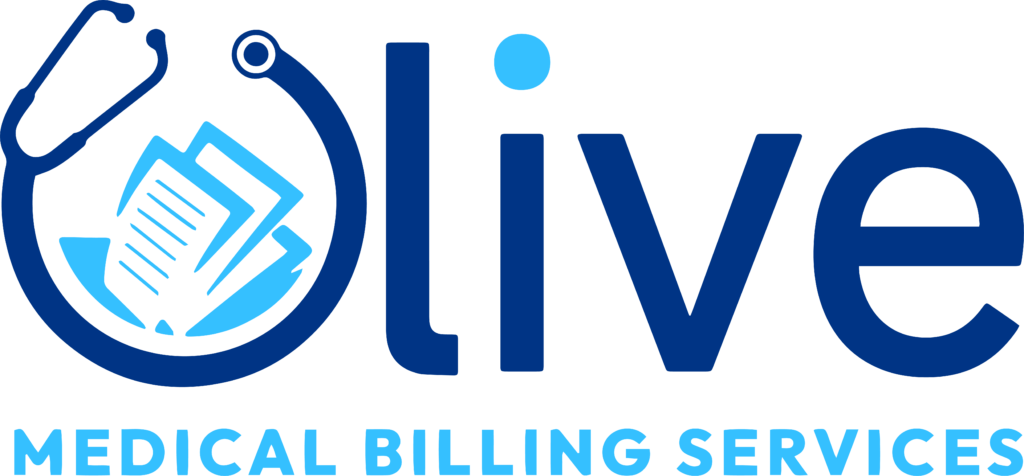Denial Management
- Home
- Denial Management

Denial Management in Healthcare
Denial management is a critical component of the healthcare revenue cycle that focuses on identifying, addressing, and preventing insurance claim denials. It involves analyzing the reasons for denials, such as coding errors, missing information, or eligibility issues, and implementing corrective actions to ensure timely reimbursement.
Denial management is a crucial aspect of the healthcare revenue cycle that ensures providers receive appropriate reimbursement for services rendered. It focuses on identifying the root causes of denied claims and taking the necessary actions to resolve them. Insurance claim denials can occur due to various reasons such as incomplete documentation, coding errors, patient ineligibility, or failure to meet payer-specific requirements. Without a structured denial management process, these issues can lead to delayed payments and lost revenue.
A strong denial management strategy starts with analyzing denial trends and categorizing them based on type and frequency. This helps healthcare organizations understand recurring problems and implement corrective measures. For instance, training staff on accurate coding and documentation standards can significantly reduce preventable denials. Automated tools and claim scrubbers can also be used to detect errors before claims are submitted, minimizing the chances of rejection from insurance companies.
Timely follow-up is a key part of the process. Once a denial is received, the billing team must act quickly to correct and resubmit the claim or file an appeal. Communication with payers is essential to understand the exact reasons for denials and to resolve disputes effectively. Maintaining detailed records of all denied claims and their outcomes helps in creating a robust feedback loop that improves future claim success rates.
In the long run, effective denial management not only improves cash flow but also enhances patient satisfaction by reducing billing errors and financial confusion. It supports regulatory compliance, boosts operational efficiency, and enables healthcare providers to focus more on delivering quality care rather than chasing payments. Therefore, denial management is not just a back-office task, but a vital part of a healthcare organization’s financial health.
Importance of Denial Management
Denial management plays a vital role in maintaining the financial health of healthcare organizations. It helps identify and resolve issues that lead to insurance claim rejections. By addressing these problems promptly, providers can ensure faster reimbursements. This process ultimately supports smoother operations and improved revenue flow.

Get Quote Now
Get a personalized quote now and discover how our billing solutions can save you time, reduce errors, and increase your revenue.
